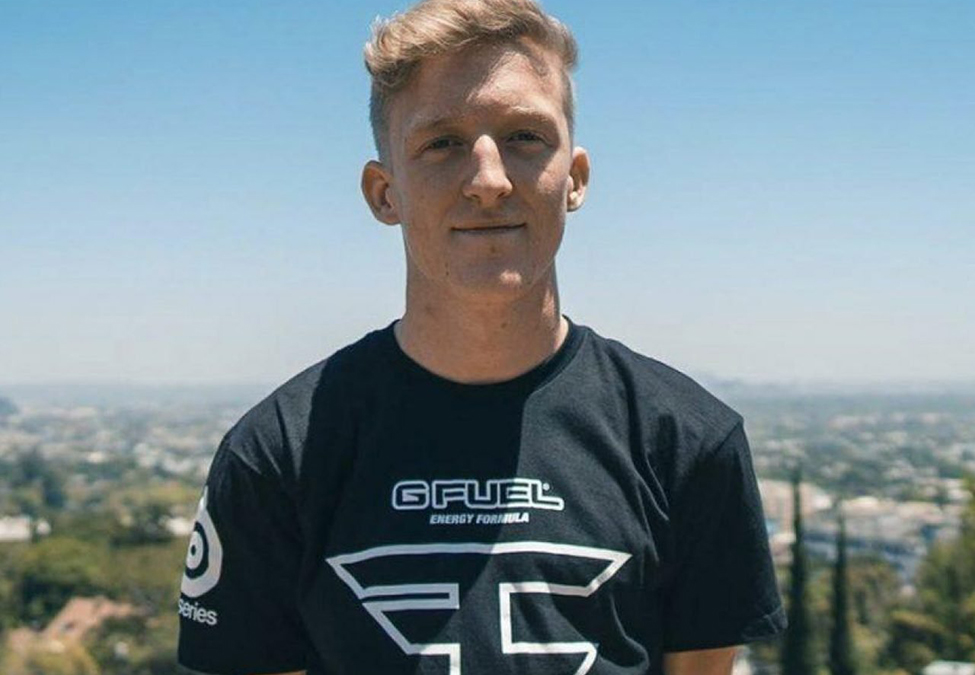Professional esports player and personality Turner “Tfue” Tenney is suing FaZe Clan – the organisation in which he’s contracted with – due to what he claims to be violations of Californian law and the Talent Agency Act.
The initial report explains that Tfue has filed a complaint that states FaZe Clan has limited his ability to “pursue his profession.” The complaint is now available in full online for people to read.

FaZe Clan was quick to reply following the report being published, tweeting the following: “We’re shocked and disappointed to see the news of Tfue’s press article and lawsuit. Over the course of our partnership with him, which began in April 2018, FaZe Clan has collected: $0 – Tournament Winnings, $0 – Twitch Revenue, $0 – YouTube Revenue, $0 – from any social platform.
“In fact, we have only collected a total of $60,000 from our partnership, while Tfue has earned millions as a member of FaZe Clan. While contracts are different with each player, all of them – including Tfue’s – have a maximum of 20% to FaZe Clan in both tournament winnings as well as content revenue, with 80% to the player. In Turner’s case, neither of those have been collected by FaZe Clan.”
Bryce Blum, a founding partner of esports-dedicated firm ESG Law, shared his thoughts not long after the report surfaced. One of which included that “a complaint is by definition one side of the story” so it’d be foolish to judge the situation at that point in time.
A complaint is by definition one side of the story. A lot of people will fish for engagement/clicks in the next 24 hours with scalding hot takes based on what we know now, but what we know now means very little. Be weary of anyone who reaches a definitive conclusion.
— Bryce Blum (@esportslaw) May 20, 2019
A host of professional players and industry figures were quick to judge FaZe Clan based off of the complaint but, in reality, this whole case is likely to span over the course of a few months. It is indeed getting players and organisations looking at the technicalities of their contracts however, which can only be a positive thing.
Esports Insider says: It’s incredibly hard to judge the complaint considering – as Blum explained – that it is indeed just one side of the story. FaZe Clan did responde, of course, but via a release on social media, which is definitely not the best platform when it comes to legalities. This could be a monumental case in esports and hopefully helps to shed light on potential malpractices in the industry.

